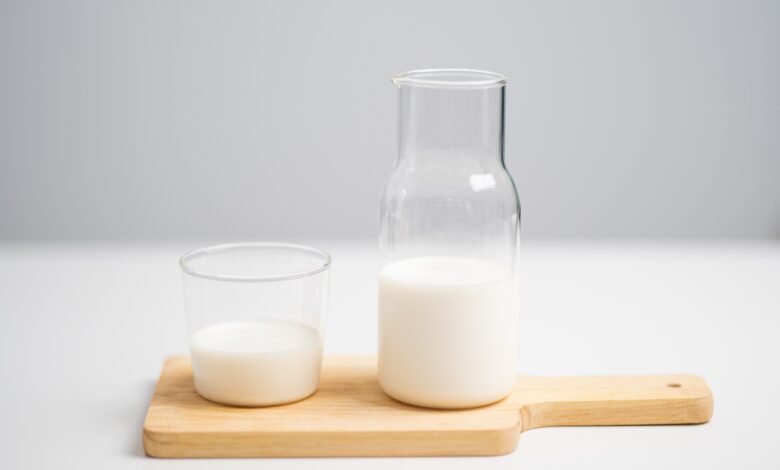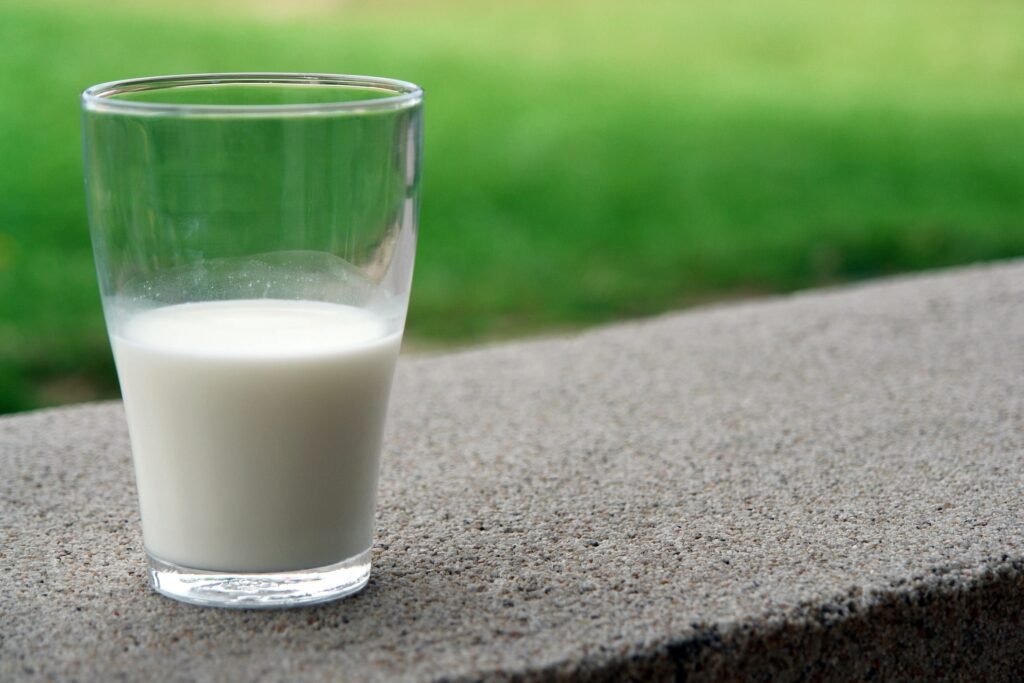
Milk has long been a staple in diets around the world, cherished not only for its taste but also for its numerous health benefits. Consequently, from bone health to muscle recovery, milk offers a wide array of nutrients that make it a valuable addition to your daily nutrition. In this article, we will explore why milk is often considered good for our health.
A Nutrient Powerhouse
Milk is a nutritional powerhouse, providing a range of essential nutrients:
- Calcium: Milk is renowned for its high calcium content, crucial for strong bones and teeth. Adequate calcium intake can help prevent osteoporosis and fractures.
- Protein: Milk contains two types of high-quality protein, casein, and whey, which are rich in essential amino acids. This protein helps with muscle growth, repair, and overall body function.
- Vitamins: Milk is a good source of several vitamins, including vitamin D (important for calcium absorption), vitamin B12 (essential for nerve function and red blood cell production), and riboflavin (involved in energy metabolism).
- Minerals: In addition to calcium, milk provides phosphorus, magnesium, and potassium, all of which are necessary for various bodily functions.
- Fats: Milk contains a mix of saturated and unsaturated fats. While whole milk has more saturated fat, reduced-fat and skim milk options are available for those watching their fat intake.
Health Benefits of Milk:
- Bone Health: Let’s start with the fact that milk’s combination of calcium and vitamin D plays an essential role in maintaining strong and healthy bones, reducing the risk of bone diseases like osteoporosis.
- Muscle Growth and Repair: Additionally, milk’s protein supports muscle growth and plays a crucial role in repairing muscle tissue after exercise or injury.
- Cardiovascular Health: Moreover, some studies suggest that moderate dairy consumption may associate with a reduced risk of heart disease and stroke.
- Weight Management: Furthermore, the protein and calcium in milk can promote feelings of fullness, potentially aiding in weight management.
- Hydration: Milk is an effective way to stay hydrated due to its water content.
Lactose Intolerance and Allergies:
It’s essential to note that some people are lactose intolerant and cannot digest the lactose sugar in milk. Lactose-free milk options are available for those with lactose intolerance.
A small percentage of individuals have dairy allergies, which necessitate the avoidance of milk and milk products. Fortunately, there are numerous dairy-free milk alternatives on the market.
Incorporating Milk into Your Diet:
- As a Beverage: Enjoy a glass of milk on its own or with your favorite meal.
- Cereal and Oatmeal: Pour milk over your breakfast cereal or mix it into your morning oatmeal.
- Smoothies: Blend milk with fruits, vegetables, and protein powder for a nutritious and filling smoothie.
- Cooking and Baking: Milk is a versatile ingredient used in a wide range of recipes, from creamy sauces to baked goods.
The Wellness Wonder of Milk
In summary, milk is more than just a beverage; it’s a nutritious elixir that offers a wide range of health benefits. Whether you’re looking to strengthen your bones, build muscle, or simply enjoy a delicious and nutritious drink, milk can be a valuable part of your daily diet. Consequently, embrace the wholesome goodness of milk, and savor its contributions to your overall health and well-being.
Does Protein In Milk Deplete Calcium in bone?





